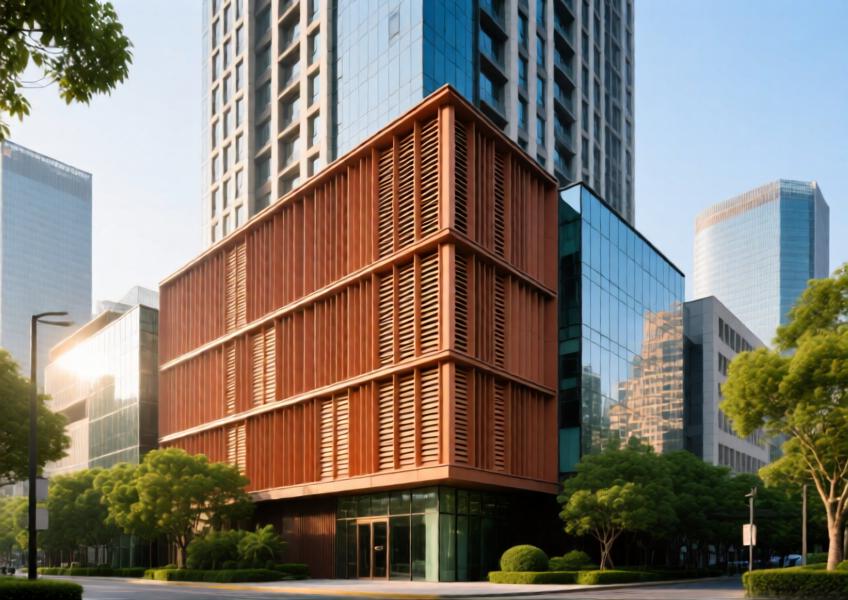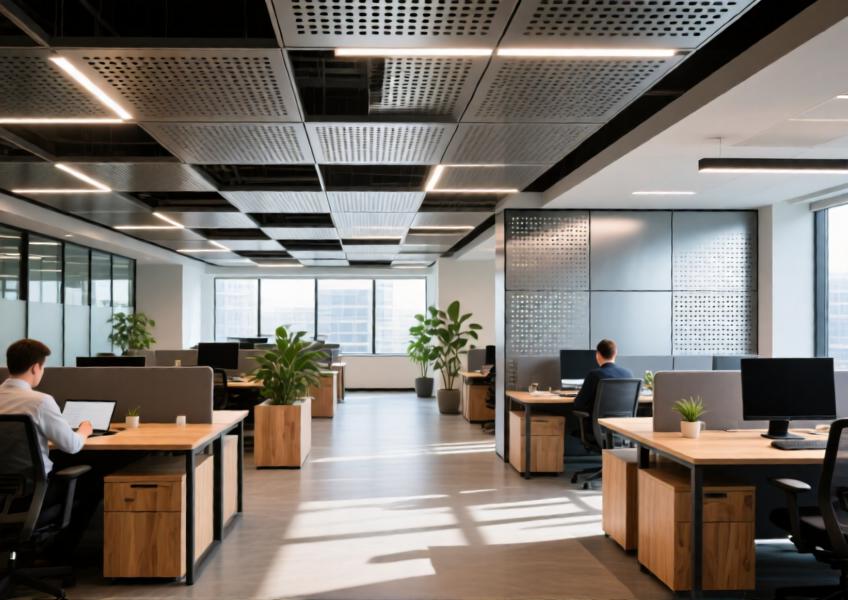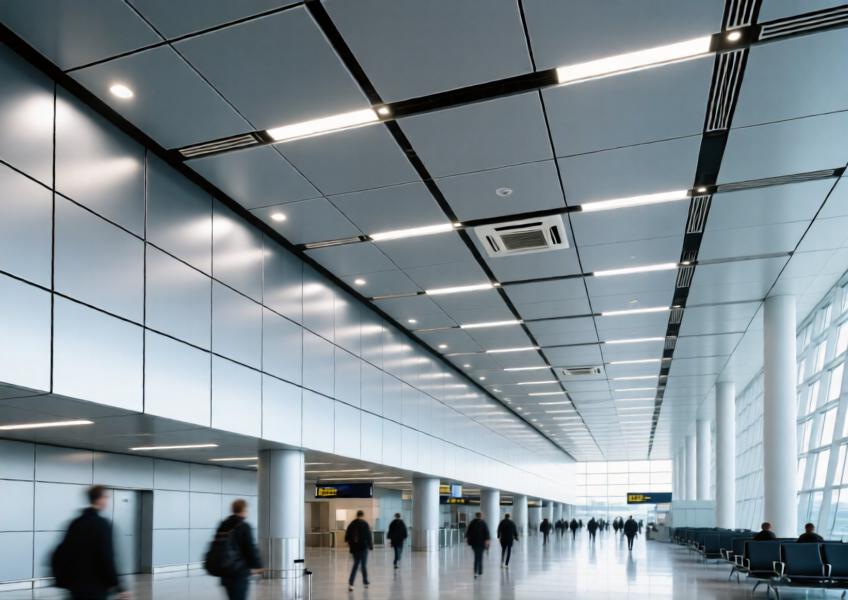

In the dynamic realm of architectural design, innovation in materials and construction techniques continues to redefine aesthetics and functionality. Nowhere is this evolution more evident than in the integration of advanced cladding solutions within modern curtain wall systems and commercial interior spaces. These solutions not only enhance visual appeal but also offer performance benefits such as thermal insulation, acoustic control, and durability.
Curtain wall engineering has moved far beyond its structural origins, becoming a canvas for architectural expression. Contemporary cladding solutions like fiber cement panels, terracotta louvers, and metal composite materials allow designers to experiment with texture, color, and form while maintaining energy efficiency and weather resistance. For instance, a high-profile commercial complex in Shanghai recently adopted a terracotta-based cladding system, achieving a balance between traditional craftsmanship and modern sustainability.

Equally transformative is the role of cladding solutions in interior design, particularly in large-scale retail and office environments. Vertical surfaces that once served only as partitions now contribute to spatial storytelling and brand identity. Perforated metal panels, for example, are being used to create dynamic lighting effects and sound-diffusing walls in open-plan offices. These applications not only elevate the sensory experience but also improve environmental comfort.

The technical precision behind these cladding solutions is critical. Engineers must account for wind load, thermal expansion, and maintenance accessibility. Prefabrication and modular assembly have streamlined installation, reducing on-site labor and ensuring consistency in finish. In a recent airport terminal renovation, modular aluminum cladding was deployed to cover vast ceiling and wall surfaces, achieving seamless integration with HVAC and lighting systems.

As urban landscapes grow denser and sustainability becomes paramount, the demand for versatile, eco-friendly cladding solutions will continue to rise. From bio-based composites to smart materials that adapt to environmental changes, the future of cladding is as much about innovation as it is about beauty.